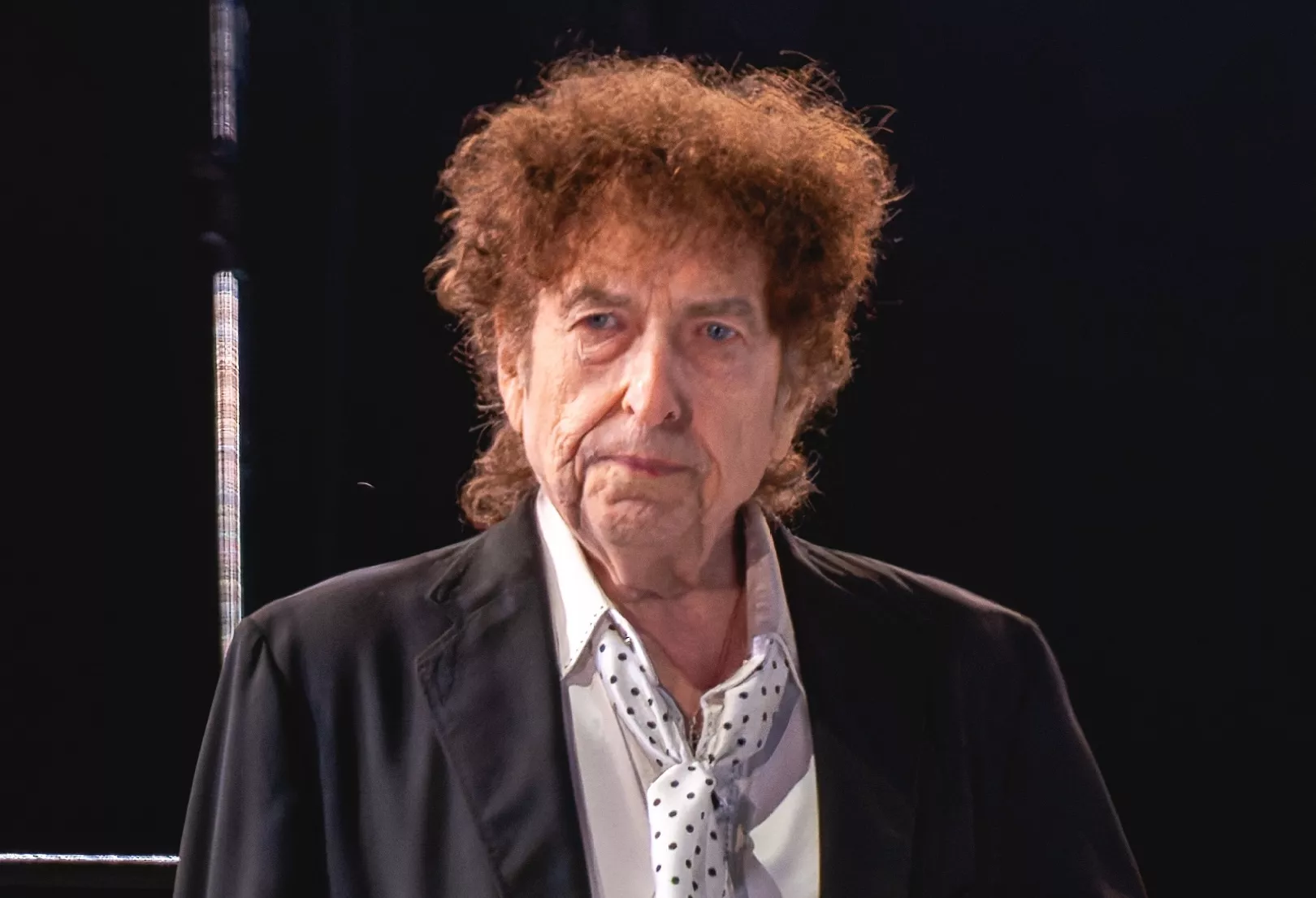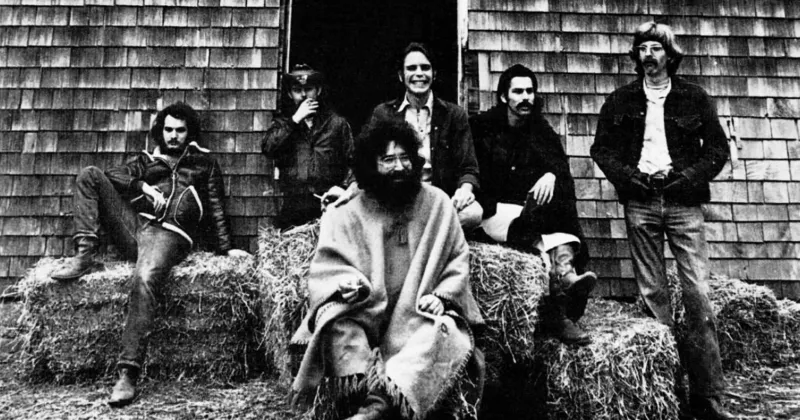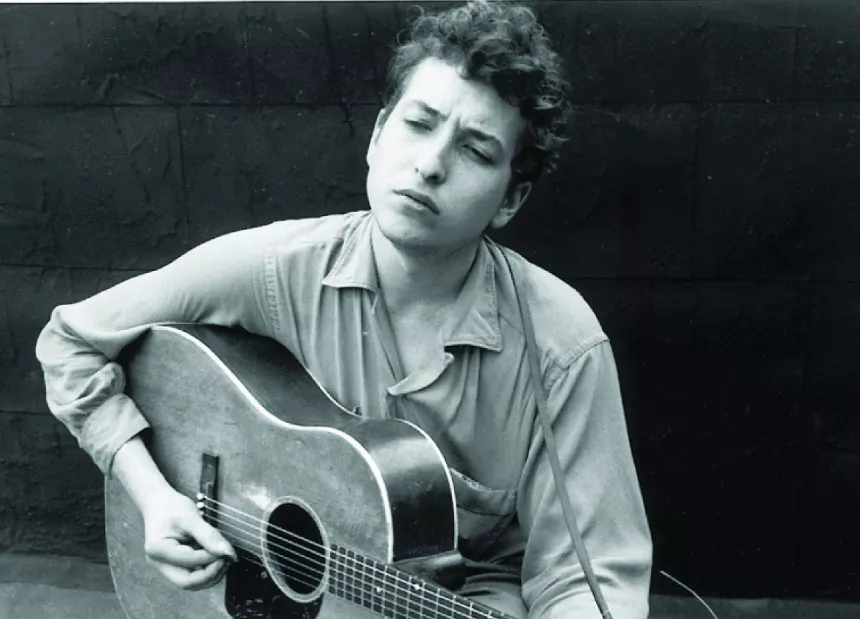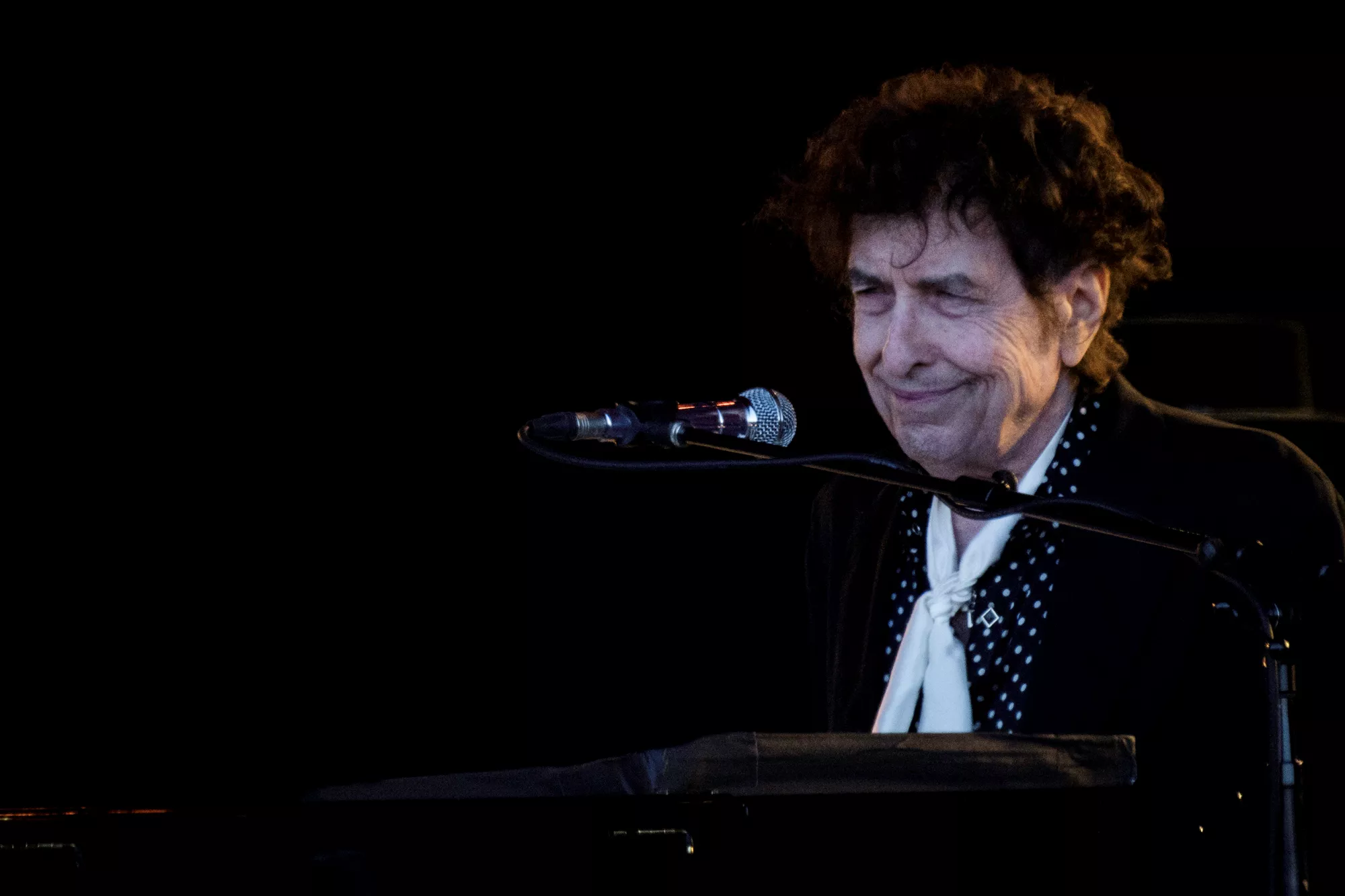Han kom ikke personligt, men havde skrevet en ærbødig tale
I går, på Alfred Nobels dødsdag, blev årets Nobelpriser traditionen tro uddelt ved to stort anlagte ceremonier i Stockholm (priserne i fysik, kemi, medicin, økonomi og litteratur) og Oslo (Nobels Fredspris). I oktober blev det bekendtgjort, at årets modtager af Nobelprisen i litteratur er Bob Dylan, der imidlertid – efter flere ugers tavshed – meddelte, at han grundet en vigtig og ikke nærmere offentliggjort aftale andetsteds desværre ikke havde mulighed for at komme og modtage prisen personligt i Stockholm.
Dylan havde dog skrevet en ærbødig takketale, som blev læst op af USA's ambassadør i Sverige, Azita Raji. Talen forholdt sig blandt andet til det faktum, at Dylans sange bliver betragtet som litteratur, noget han efter eget udsagn aldrig selv har tænkt over. Talen kan læses på Nobelkomitéens hjemmeside, og du kan læse uddrag af den nedenfor:
"I’m sorry I can’t be with you in person, but please know that I am most definitely with you in spirit and honored to be receiving such a prestigious prize. Being awarded the Nobel Prize for Literature is something I never could have imagined or seen coming. From an early age, I’ve been familiar with and reading and absorbing the works of those who were deemed worthy of such a distinction: Kipling, Shaw, Thomas Mann, Pearl Buck, Albert Camus, Hemingway. These giants of literature whose works are taught in the schoolroom, housed in libraries around the world and spoken of in reverent tones have always made a deep impression. That I now join the names on such a list is truly beyond words."
(...)
"I was out on the road when I received this surprising news, and it took me more than a few minutes to properly process it. I began to think about William Shakespeare, the great literary figure. I would reckon he thought of himself as a dramatist. The thought that he was writing literature couldn’t have entered his head. His words were written for the stage. Meant to be spoken not read. When he was writing Hamlet, I’m sure he was thinking about a lot of different things: “Who’re the right actors for these roles?” “How should this be staged?” “Do I really want to set this in Denmark?” His creative vision and ambitions were no doubt at the forefront of his mind, but there were also more mundane matters to consider and deal with. “Is the financing in place?” “Are there enough good seats for my patrons?” “Where am I going to get a human skull?” I would bet that the farthest thing from Shakespeare’s mind was the question “Is this literature?”"
(...)
"But, like Shakespeare, I too am often occupied with the pursuit of my creative endeavors and dealing with all aspects of life’s mundane matters. “Who are the best musicians for these songs?” “Am I recording in the right studio?” “Is this song in the right key?” Some things never change, even in 400 years. Not once have I ever had the time to ask myself, “Are my songs literature?” So, I do thank the Swedish Academy, both for taking the time to consider that very question, and, ultimately, for providing such a wonderful answer."
Læs hele Dylans tale på Nobelkomitéens hjemmeside (som også har copyright på materialet).





